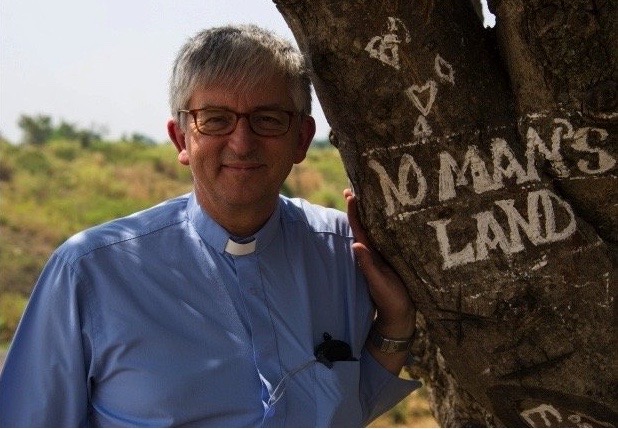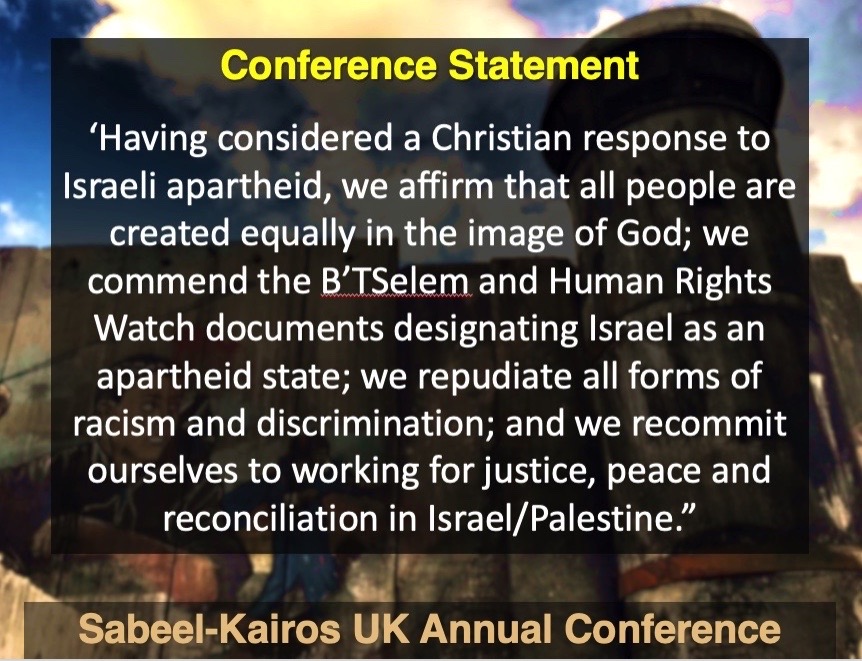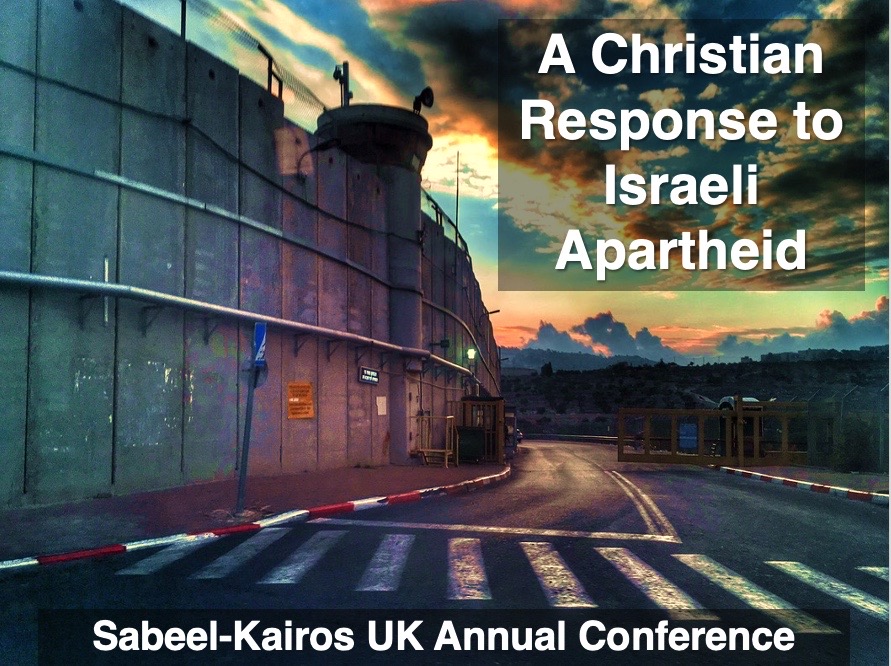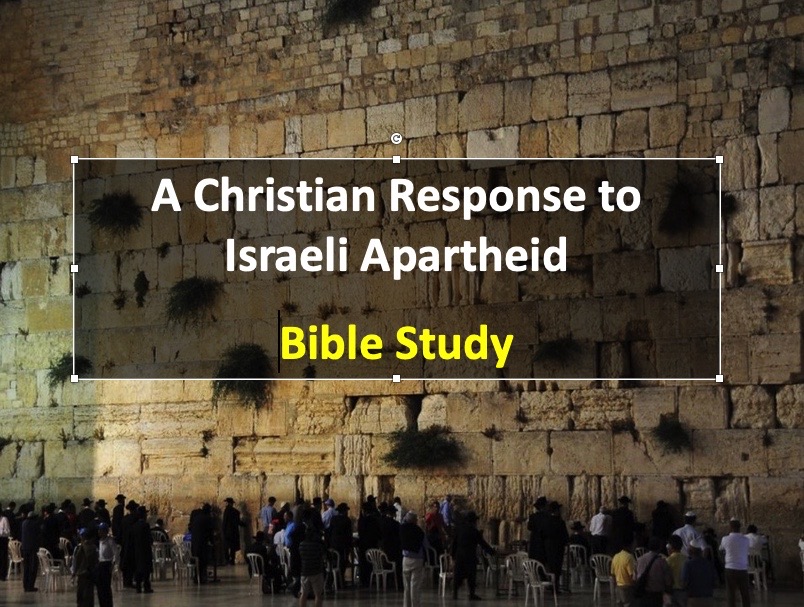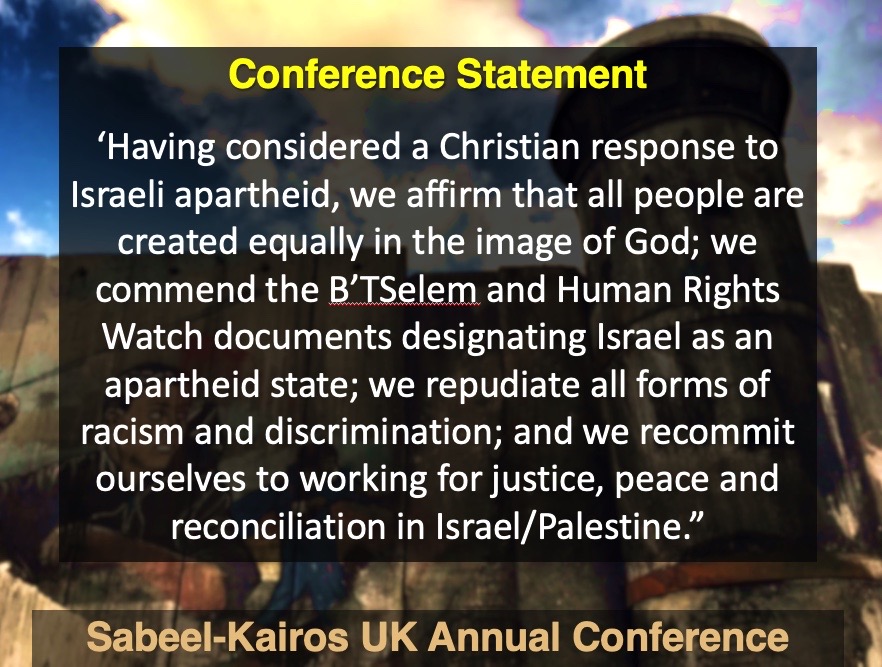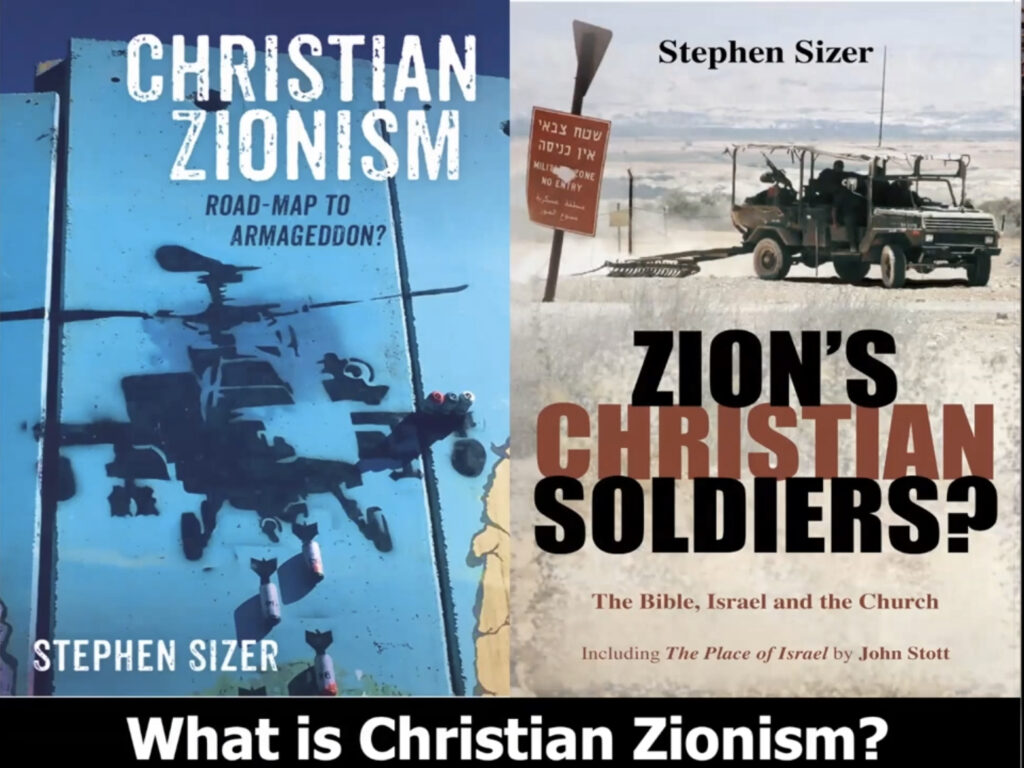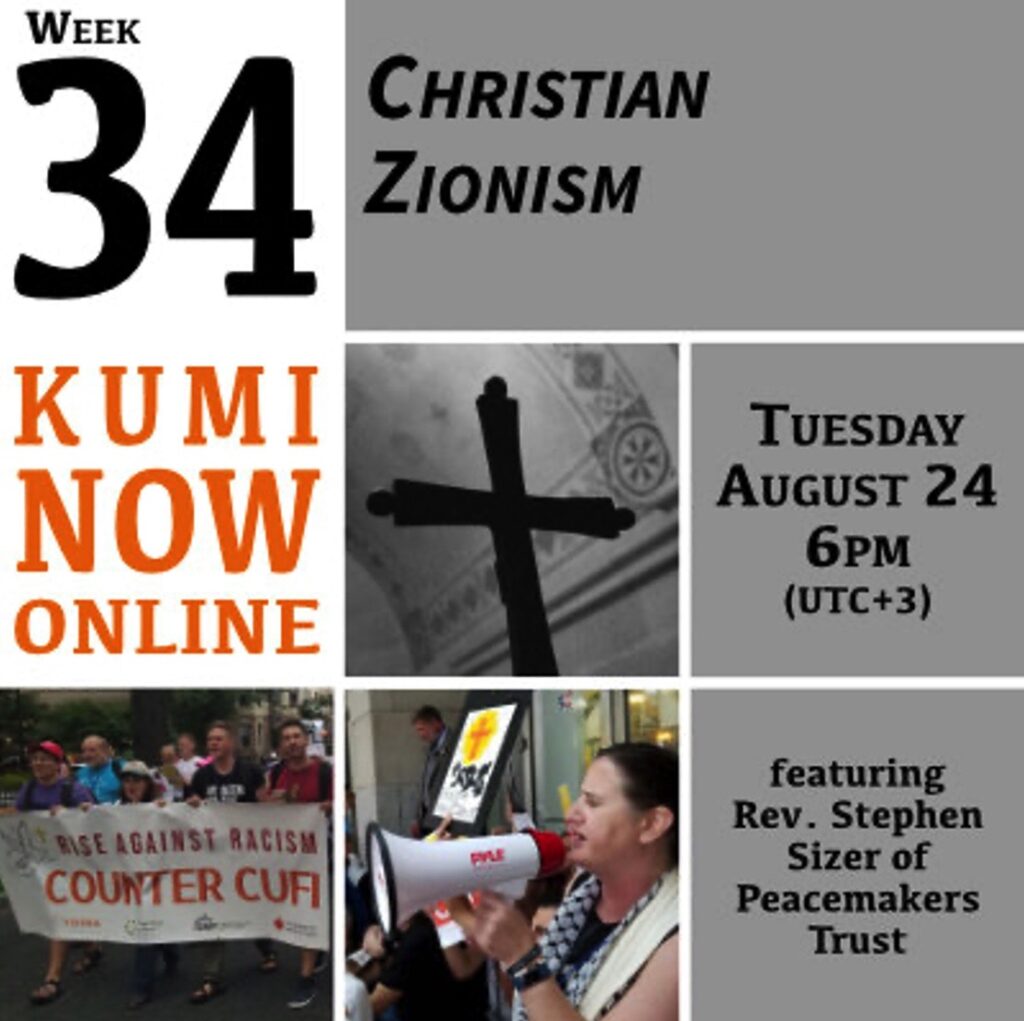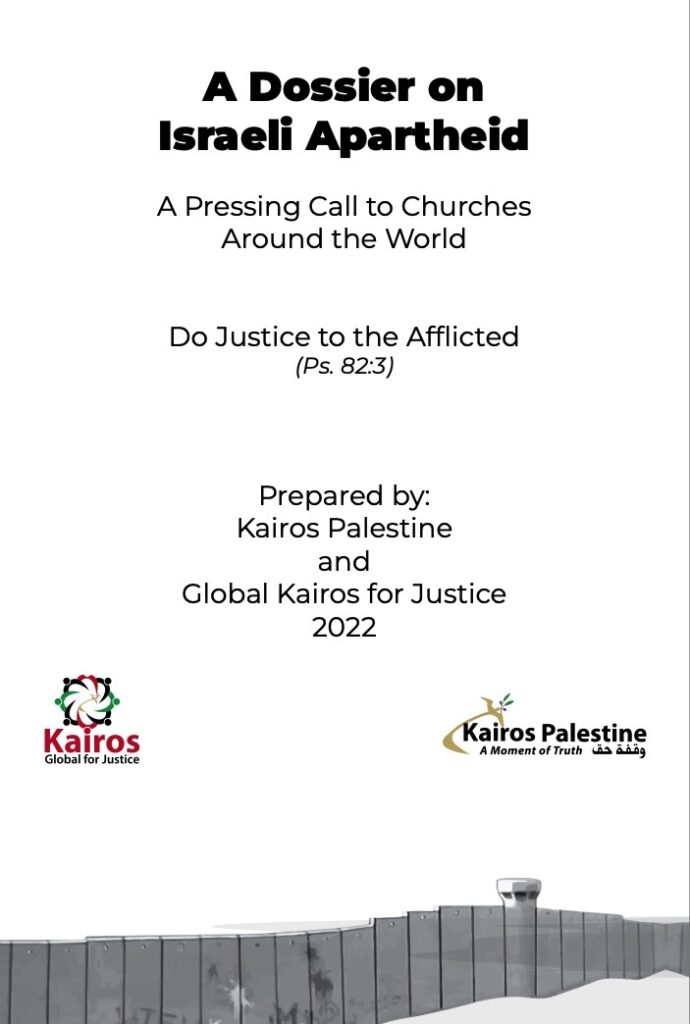
A Dossier on Israeli Apartheid: A Pressing Call to Churches Around the World. Prepared by: Kairos Palestine and Global Kairos for Justice 2022
Sisters and brothers in Christ,
We, members of Kairos Palestine and Global Kairos for Justice, have created a theological study for Christians and other civil society organizations who want to learn more about the crime of apartheid and why Palestinians and a growing number of churches and human rights organizations are using the word to describe Israel’s oppression of Palestinians.
In this guide, you will find: a clear description of apartheid and how Israel’s laws, policies and practices meet theinternational definition; a Biblical/theological reflection describing the sin of apartheid; a heartfelt call to the global church to hear the pleas of Palestinian Christians; and a list of recommended actions. Also included are brief summaries of and links to many of the reports cited above, statements made by churches, faith groups, and international leaders (including prominent Israeli Jews), and a short book list.
We call upon the churches around the world to receive and study this Dossier and respond to the evidence and the call to do justice. It is our hope that this study will equip the global church to rise up and join Palestinian Christians as we work to end Israel’s apartheid regime for the sake of all who live in the Holy Land.
+ Patriarch Emeritus Michel Sabbah Chair of Kairos Palestine
Rifat Kassis
General Coordinator: Global Kairos for Justice Coalition
Download the dossier here: https://www.kairospalestine.ps/images/kp-a-dossier-on-israeli-apartheid-main.pdf

